FOODSERVICE
SUSTAINABILITY STRATEGY & TRANSFORMATION


Prepared by
Christy Cook Chief Sustainability Officer in Residence
4xi Global Consulting








Prepared by
Christy Cook Chief Sustainability Officer in Residence
4xi Global Consulting





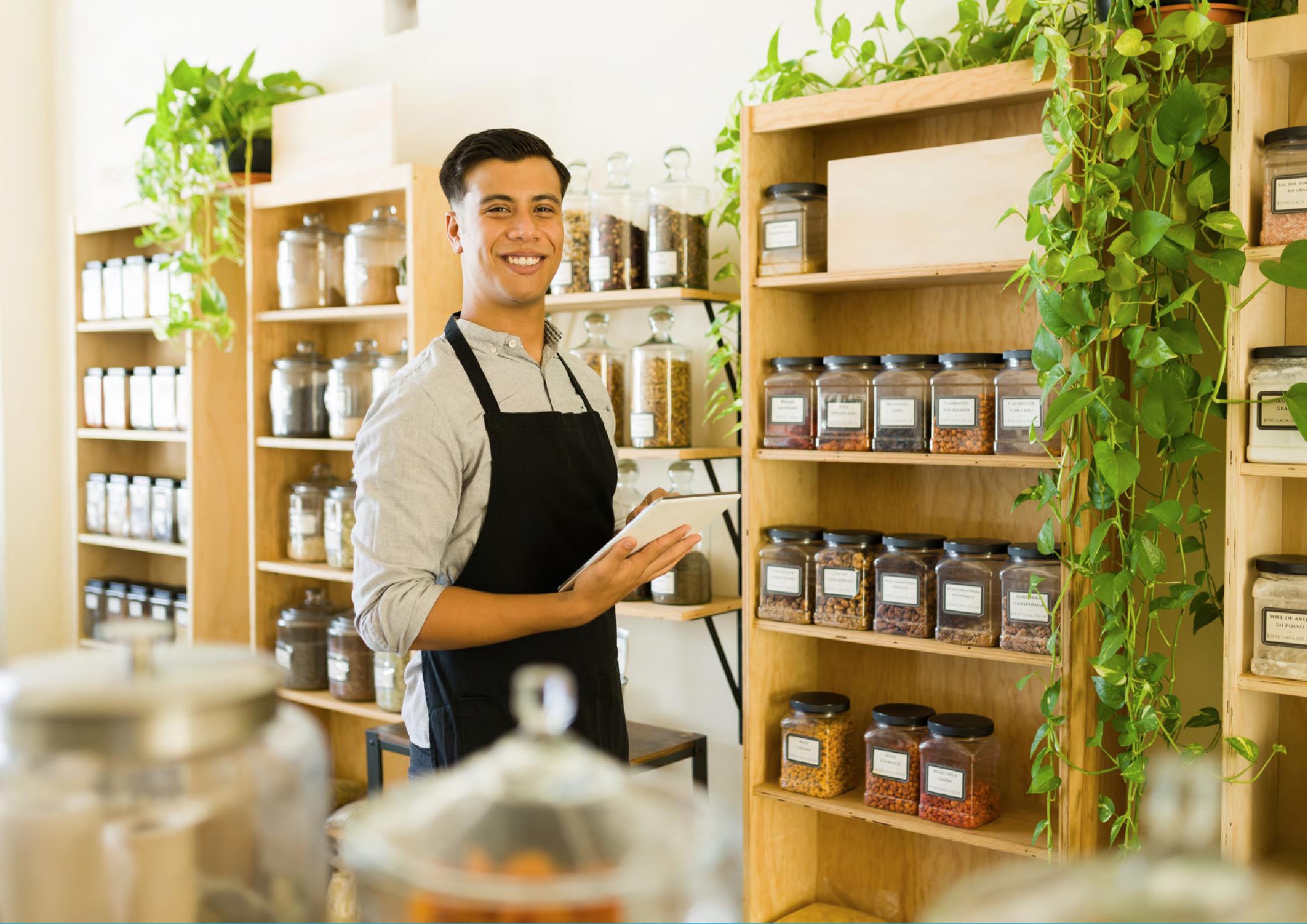

In today's business landscape, sustainability is not just an option but a necessity.
For food service establishments, embracing sustainability can differentiate your brand, and help you win new business and retain existing clients.
At least 25% of RFPs explicitly require sustainability but the truth is that sustainability is an expectation even when not stated explicitly.
At 4xi Global Consulting, we understand these challenges and have developed a comprehensive and customizable Sustainability Strategy and Transformation Pathway tailored specifically for foodservice businesses.
Our approach leverages our extensive experience in foodservice and proven methodologies to helpyou build a robust sustainability program that aligns with your unique values and operational realities.
Our team of experts will work closely with you to ensure that your sustainability efforts translate into tangible business benefits, such as increased efficiency, enhanced brand reputation, and new market opportunities. Key elementsofour strategyinclude:
Customized Approach to Your Organization: Tailored sustainability solutions that resonate with your brand and operational needs.
Phased Implementation at Your Pace: A step-by-step roadmap that ensures smooth integration of sustainability practices.
Stakeholder Engagement: Involving key stakeholders to build support and ensure successful implementation.
4.
Comprehensive Support: Ongoing assistance to monitor progress, report outcomes, and continuously improve your sustainability efforts.
With our support, your food service establishment can execute sustainability practices that win new business and retain clients.
Book a discovery call with our team to discuss how we can tailor our proven sustainability strategies to meet your specific needs and help you achieve your business objectives.




Just as offering great food or maintaining a well-stocked vending machine is considered table stakes, sustainability has become a fundamental expectation— even when it is not explicitly stated.




Over 70% of CEO’s have identified mandatory ESG and sustainability disclosure reporting as at least a high priority.
(NYU/Salesforce)
With business activities throughout the U.S., and a participant in global supply chains, regulations have significant implications. Global regulations impact local U.S. businesses, public and private.
Even if your direct operations might not currently fall under the purview of such regulations, your involvement in the supply chains of larger corporations that are regulated means compliance is mandatory. These corporations will demand sustainability compliance from their suppliers to ensure their own compliance and to safeguard their brand reputation.
A recent survey indicated that over 60% of consumers globally prefer to buy goods and services from companies that have robust environmental policies. This consumer trend is mirrored in the investment world where, as of 2022, one third of all U.S. assets under management are being invested based on sustainable investment strategies.

97% S&P 500 companies include sustainability or ESG (Environmental, Social, and Governance) metrics in their reporting.
(2023 Harvard Business Review)
Investing in sustainability is no longer about compliance; it’s about positioning your company as a forward-thinking, responsible entity that is aligned with the values of todays and tomorrow’s consumers. It’s about future-proofing your business by adapting to regulations that will become only more stringent over time.

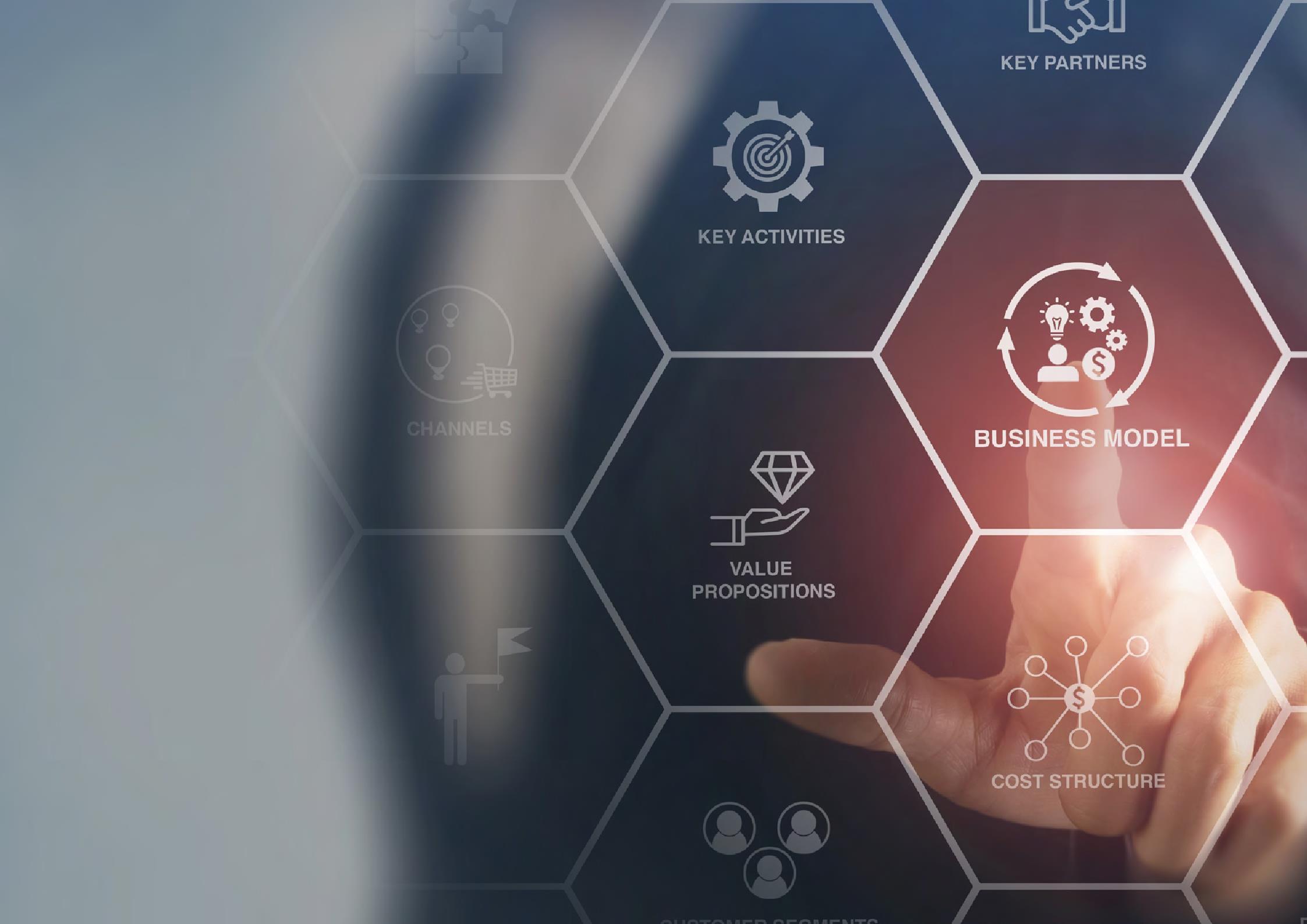




Sustainability is a business imperative, and a great sustainability program should help a company achieve growth, return on capital, and mitigate risks. All proposed actions support the business advantage of sustainability in at least one category but most often two or more.
According to a 2023 survey of CEO’s prioritizing funding on business improvements, 97% believe sustainability strategy is a priority. (Verdantix)
As you contemplatedeeper investment in sustainability, consider it not just as complianceto external pressuresbut as a strategic pivot towards long-term profitability and relevance.
Sustainability is the new table stakes in the business world, where being merely compliant is not enoughto thrive. Embraceit as an integralpart of your business ethos and operations and watch as it transforms challenges into opportunities for growth and innovation.

Build a better understanding of sustainability related opportunities in new markets and business segments

Develop sustainability related menu items and practices to fulfill company and client needs, R&D

Grow an ideal client portfolio that builds company value


Gain credit for your actions

Retain existing clients and win new business






Increase efficiency, enhance customer satisfaction, expand market reach, and build sustainable and innovative business model
Reduce operating costs through improved management of resources
Reduce risk and seize opportunity for growth
Reduce risk of operational disruptions from climate related activities


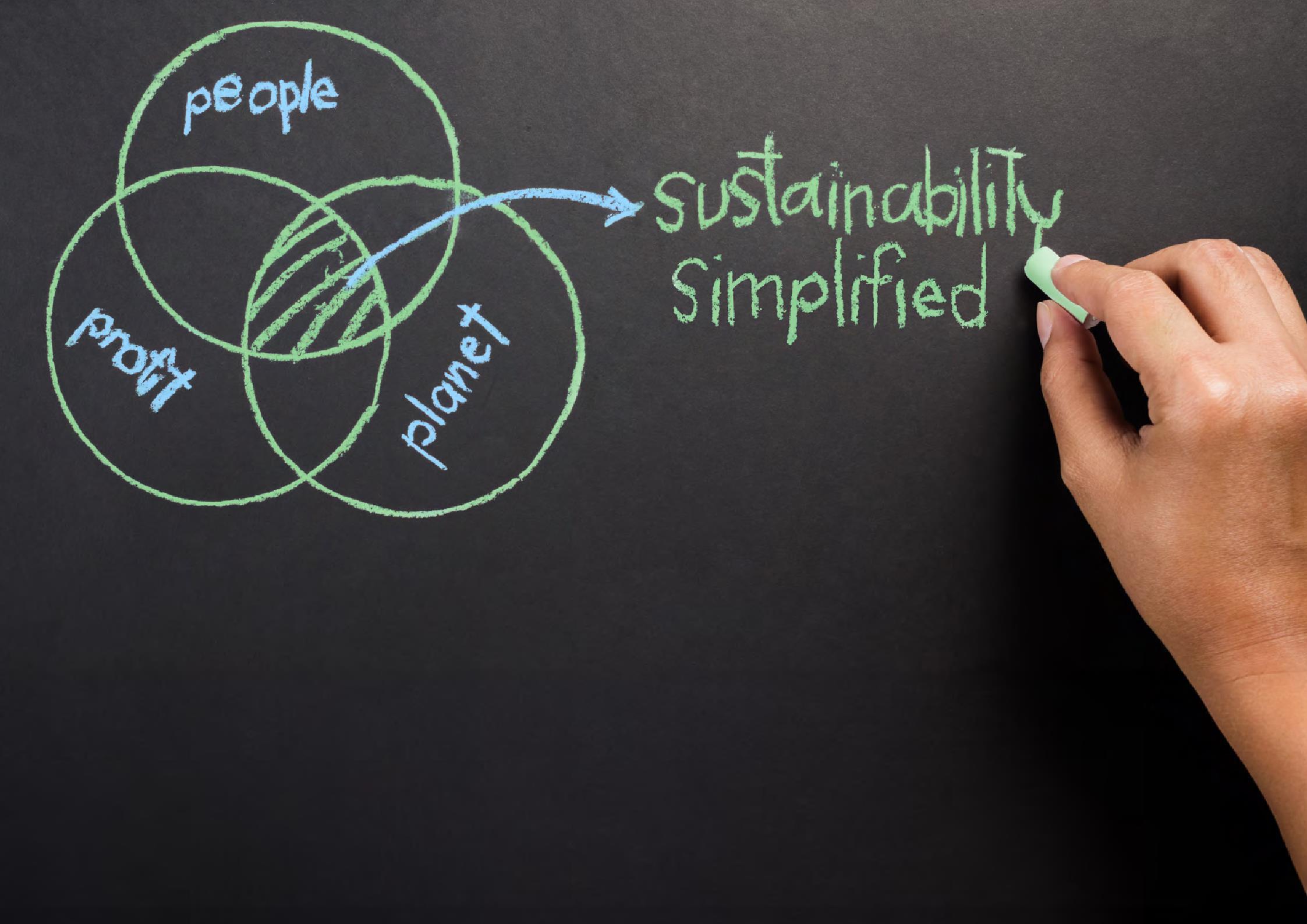


At 4xi, we specialize in providing tailored sustainability services for the foodservice industry, designed to help your business operate more efficiently and responsibly.
If you need sustainability support for a specific project, our team is ready to assist with targeted services. Whether it's measuring your carbon footprint, achieving certifications, or launching a waste reduction initiative, we provide flexible, project-based solutions to meet your immediate needs.
You’ll benefit from our deep expertise and practical, results-driven strategies your project meets its sustainability goals without disrupting your day-to-day operations.

For organizations aiming to embed sustainability into their core operations, our Sustainability Strategy and Transformation services provide a complete, end-to-end solution.
We work with your leadership to craft a longterm sustainability roadmap, tailored to your unique business needs.
Our expert team will guide you through every stage of transformation conducting assessments, developing actionable plans, and facilitating the deployment of sustainable practices that drive business growth, improve efficiency, and enhance your brand reputation.


Here's a selection of project-based services we offer our clients.
Don’t see what you’re looking for here? Book a discovery call, and let’s talk about your specific project needs. Our team is ready to create a custom solution tailored just for you.
• Sustainability Assessments: Comprehensive evaluation of current sustainability practices.
• Sustainability Action Plans: Developing a roadmap for sustainability goals.
• Green Certification Consulting: Assistance with certifications like LEED, Green Seal, or ISO 14001.
• Stakeholder Engagement: Involving staff, customers, and suppliers in sustainability initiatives.
• Sustainability Training: Providing training for staff on sustainability best practices.
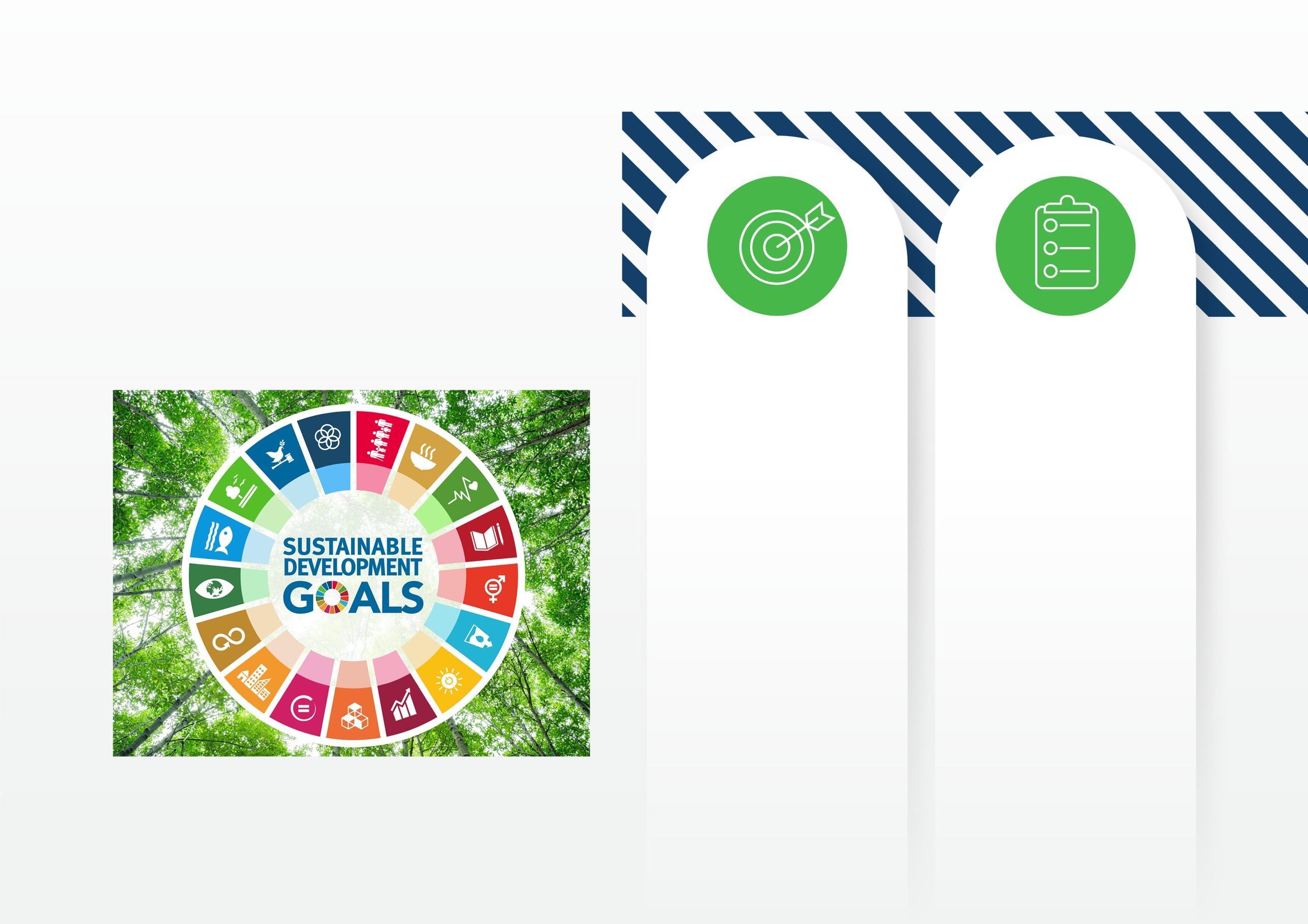

• Sustainability Reporting: Preparing sustainability reports aligned with frameworks like GRI or CDP.
• Regulatory Compliance: Ensuring compliance with local, state, and federal environmental regulations.
• Carbon Footprint Analysis: Measuring and reporting on the carbon footprint of operations.
• Life Cycle Assessment: Evaluating the environmental impact of products and processes.
• Sustainable Supplier and Product Identification: Find sustainable products and suppliers.
• Farm-to-Table Programs: Develop relationships with local farmers and producers.
• Supply Chain Analysis: Evaluating the supply chain to ensure sustainable, ethical, and transparent sourcing from productionto delivery.
• Seasonal Menu Design and Planning: Creating menus based on seasonal, local produce.
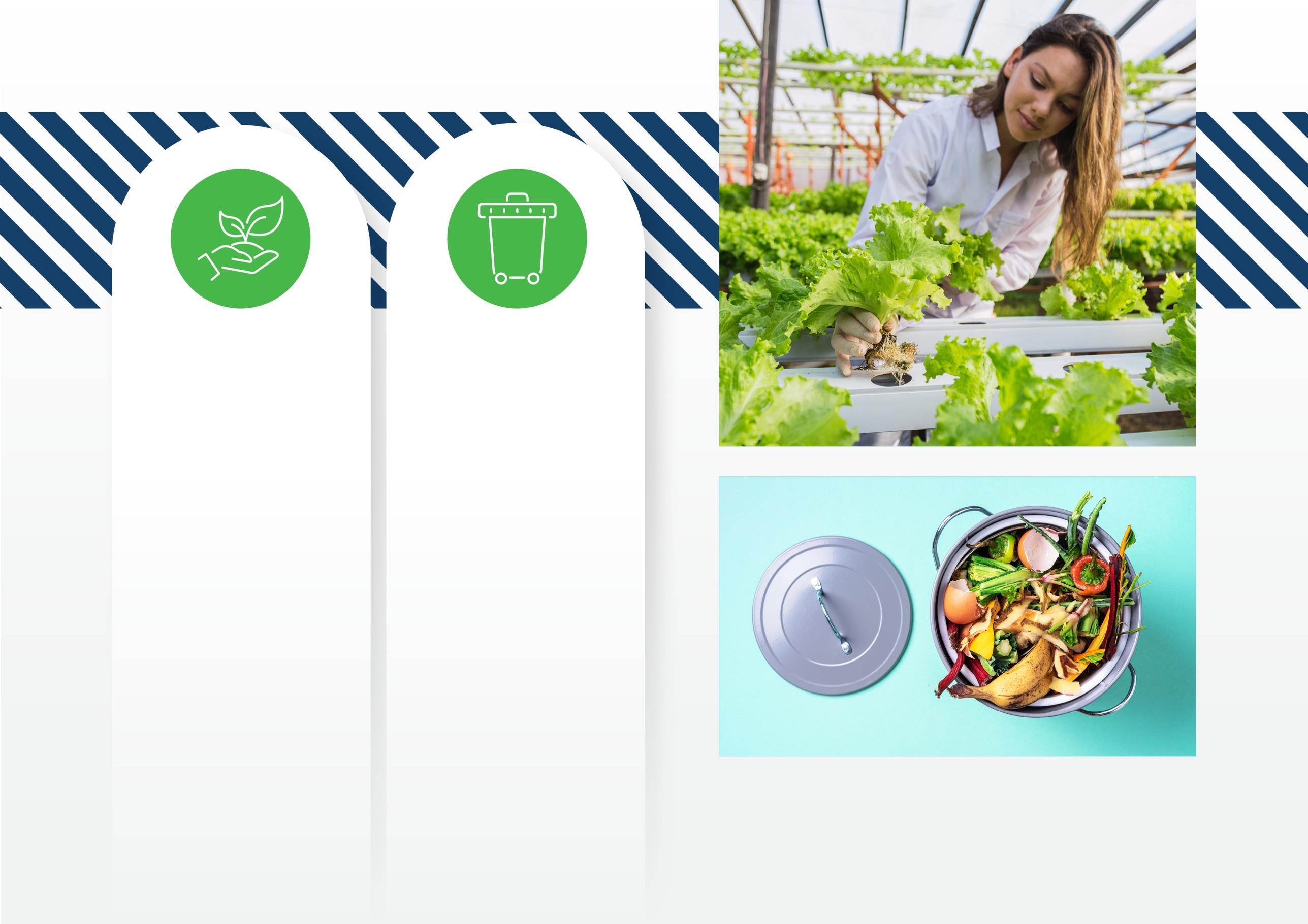
• Zero Waste Programs: Implementing strategies to eliminate wasteby reducing, reusing, and recycling materials throughout all operations.
• Food Waste Reduction: Implementing strategies to reducefood waste,including portion control, repurposing leftovers, and donation programs.
• Recycling Programs and Composting Services: Setting up composting and recycling systems.
• Waste Audits: Conducting wasteaudits to identify reduction opportunities.
• Packaging Waste Reduction: Transitioning to sustainable packaging options.

• Carbon Accounting: Measuring and managing carbonemissions.
• Energy Audits: Conducting energy audits to identify areas for improvement.
• Equipment Recommendations: Identifying and recommending kitchen, HVAC, and other equipment to reduce energy consumption.
• Renewable Energy Integration: Identifying renewable energy sources and power storage systems.
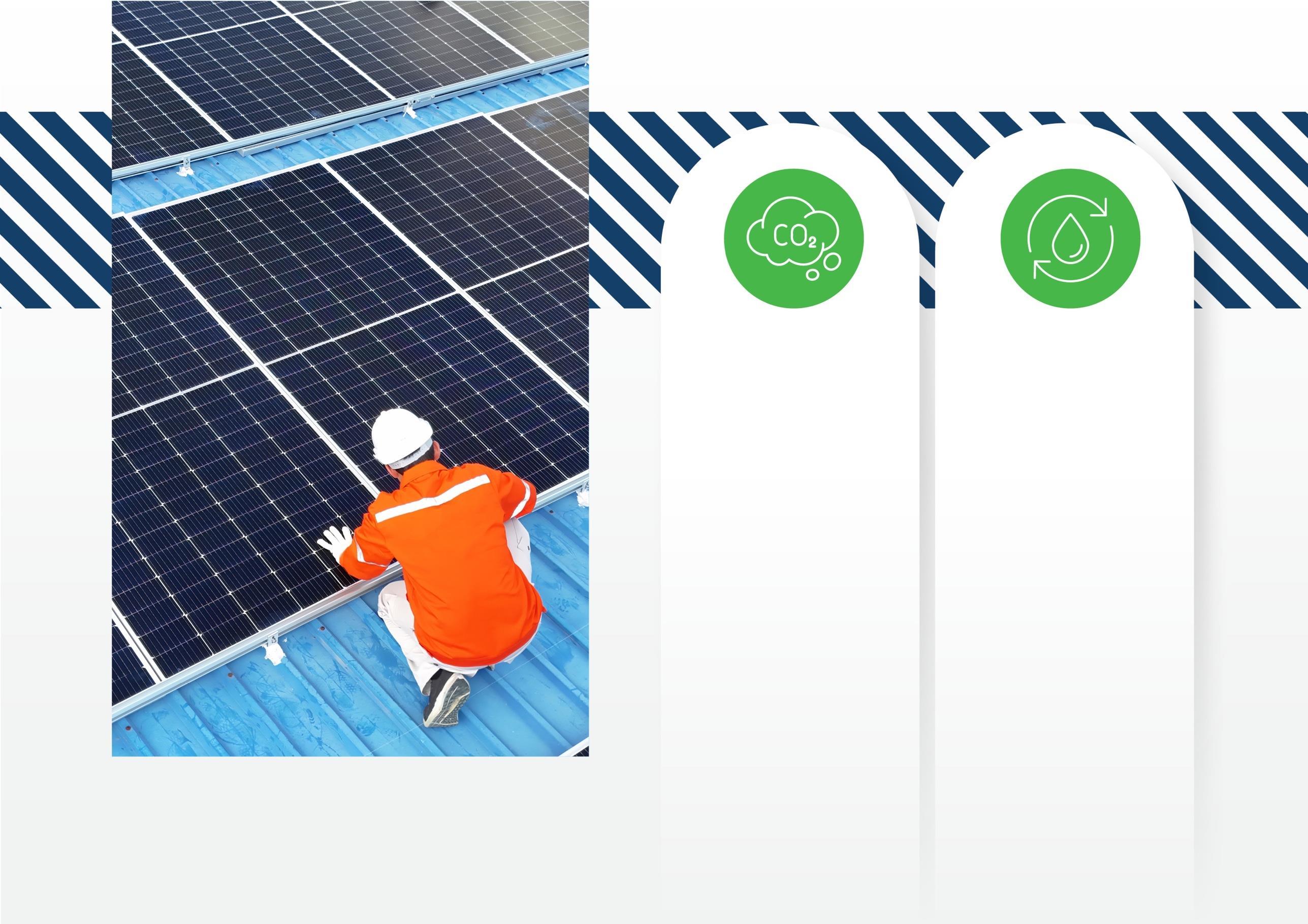

• Water Audits: Assessing water usage and identifying conservation opportunities.
• Low-Flow Fixtures: Installing low-flow faucets, toilets, and other water-saving devices.
• Water Recycling Systems: Implementing grey water systemsfor non-potable uses.
• Leak Detection: Regular inspections and maintenance to prevent water loss from leaks.
• Community Engagement: Creating programs that support local communities and social causes.
• Fair Trade and Ethical Sourcing: Ensuring products are sourced from fair trade and ethical producers.
• Employee Well-being Programs: Promoting health, wellness, and sustainable practices among staff.
• Social Responsibility Initiatives: Developing corporate social responsibility programs.
• Sustainable Food Tech Solutions: Implementing technologies like smart kitchen appliances that reduce waste and energy use.
• Digital Menu Boards: Reducing paper waste by switching to digital menus.
• Supply Chain Transparency Tools: Using blockchain or other tech to track and verify sustainable sourcing.
• App-Based Waste Tracking: Utilizing apps to monitor and reduce food waste.


• Sustainable Branding: Developing a brand identity that reflects sustainability values.
• Eco-Friendly Packaging
: Identify packaging that is both sustainable and functional.
• Customer Education Programs: Informing customers about your sustainability efforts through signage, menus, and social media.
• Sustainability Storytelling Strategies: Promoting sustainability initiatives and influencing consumer behavior through education campaigns.
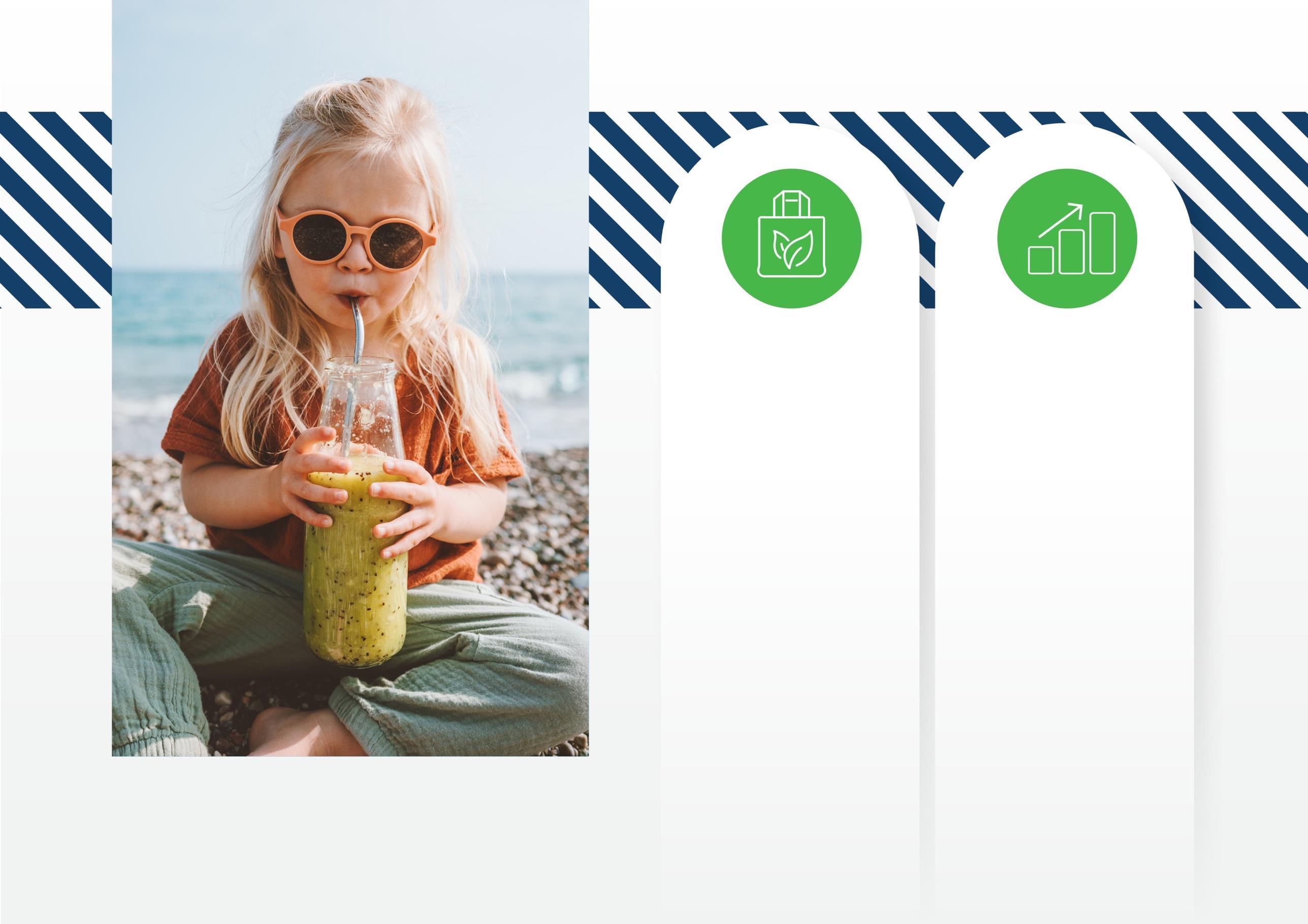

• Climate Resilience Planning: Preparing for climate-related disruptions.
• Supply Chain Resilience: Ensuring sustainable and resilient supply chains in the face of environmental challenges.
• BusinessContinuity Planning: Developing plans to maintain operations during environmental disruptions.




Listen, learn, and understand current practices, context, opportunities and competition.
• Assess current operations: Understand the scope of the business including sales strategy, target growth opportunities and understand current sustainability practices and/or commitments made to clients or businesses.
• Stakeholder Engagement: Involving employees, suppliers, customers, and community members to gather insights and build support.
• Research: Provide a Competitor Review and Materiality Assessment that could involve employees, suppliers, clients, and community members to gather insights and build support.
Create an implementation sustainability strategy for target sales and retention activity.
Phase Deliverables:
1) Documenting current practices in place
2) Sales Materials
3) Site Deployment Materials
4) Sustainability Communications Plan in Targeted Regions
Conduct a thorough review of current sustainability practices, regulatory compliance, and stakeholder expectations. This involves data collection, interviews, and benchmarking against industry standards.
Phase Deliverables:
1) Competitor Review
2) Materiality Assessment (including business risks)
3) Purpose, Vision, Mission, Values(PVMV)


Deploy, measure, and learn from the targeted sales and retention program deployment and consider adjustments. Utilize information from Stage One to create and define a sustainability strategy that can be adopted across the business. This strategy should cover key areas such as waste management, energy use, sourcing, and social responsibility.
• Sustainability Plan: Deliver a Sustainability Plan including corporate Purpose, Vision, Mission, Values (PVMV) - aligned with brand for discussion and approval.
• Goal Setting: Establishing clear, measurable sustainability goals that align with industry best practices and company values including Key Performance Indicators and Goals or Targets.
Phase Deliverables:
1) Sustainability Plan (including suggested areas of focus)
2) Sustainability Goals (with defined measurement metrics)
3) Support & Deployment (expansion for Sales and Retention)
4) Sustainability Communications Plan (all stakeholders)
5) Phased Deployment Plan


Create detailed action plans for each initiative, including resource allocation, timelines, and communication strategies. This phase also involves training and change management planning.
• Baseline Performance Assessment: Understand current sustainability performance to benchmark future progress and establish methodology for future measurement.
• Socialize the Sustainability Playbook: Launch the sustainability strategy and action plans across the organization to ensure awareness, buy-in, and engagement from all stakeholders.
• Technology Review: Launch technological solutions and tools to monitor, report, and communicate performance of the sustainability program.
Phase Deliverables:
1) Implementation Action Plan
2) Baseline performance assessment
3) Established Sustainability Playbook
4) Recommended Technology solutions


The timeline to deploy depends on the size and scope of the roll out. We will work together to determine the roll out plan and move forward together. Execute the action plans, monitor progress, and adjust as needed. Initiatives might include sourcing sustainable products, reducing energy consumption, waste reduction programs, and community engagement efforts.
• Integration with Business Operations: Deploy the sustainability plan and associated resources into business operations.
• Training and Education
• Communication Plan
• Sales Collateral
• Site Implementation Resources
Phase Deliverables:
1) Deployment Plan (with detailed updates)
2) Resources to support deployment across all internal and external stakeholders


Sustainability programs require continuous improvement and adaptation over time. Ensure teams are maintaining operations and ongoing monitoring and reporting.
• Communication and Measurement: Deploy annual report and progress over time.
• Oversight & Governance: Confirm effective governance structure is in place.
• Review & Update: Risk Management and Compliance, Innovation and Continuous Improvement, Business Leaders, and other contributing teams/roles.
• Financial Review of Sustainability Impact
• Evolution Blueprint: Provide a review of lessons learned and suggested adaptations to the Sustainability Plan. Assess the future needs and objectives.
Phase Deliverables:
1) Annual Report
2) Governance Review
3) Financial Review of Sustainability Impact
4) Evolution Blueprint

Led by our Chief Sustainability Officer in Residence, Christy Cook, our world-class team comprises of seasoned professionals with extensive experience in both client-side and service provider-side roles within the foodservice industry.

Christy Cook
Chief Sustainability Officer in Residence, and Project Lead
Christy is a world-renowned expert in sustainability, ESG, and related technologies. Leveraging her years of experience as a Chief Sustainability Officer, Christy will lead the projectin the creation of the sustainability strategy, implementation, and make recommendations for sustaining the program into the future.

Tony Johnson Chief Experience Officer
Tony is a customer experience professional, a keynote speaker, facilitator, and author. Tonywill help the projectwith the Purpose, Vision, Mission, Values workshop as well as actingon the steering committee to ensure thatthe connection betweenall stakeholders is established and maintained: leadership, employees, consumers, and clients.

Whitney Goulish Senior Consultant
and Consulting Operations Lead
Whitney leads our day-to-day consulting operations and client engagementswith coordinationand projectmanagement. Through her leadership weensure thateach projectis delivered on-scope, on-budget, and on-time.

Simon Elliot Managing Partner, Co-founder, Project Executive Sponsor
Simon has been in the food, facilities, and employee experience business his entire career. Previously, Vice President Strategic Partnerships at Aramark, Simon has led a variety of global foodand amenity projects. Simon is also the current Chair ofWORKETCH Academy North America.

Hannah Spearman
Hannah leads our CREATE. practice forcreative, design, and marketingservices and will steer the project from a creative perspective and lead the design and creation of the reports, the sustainability charter, and stakeholder facing collateral and materials.

The loaded annual wage for sustainability positions range anywhere between$140K and $400K+. The4xi team moves you further, fasteras your organization is supported by a team of expert professionals to guide you on this journey,as opposed to the resources of just one individual.
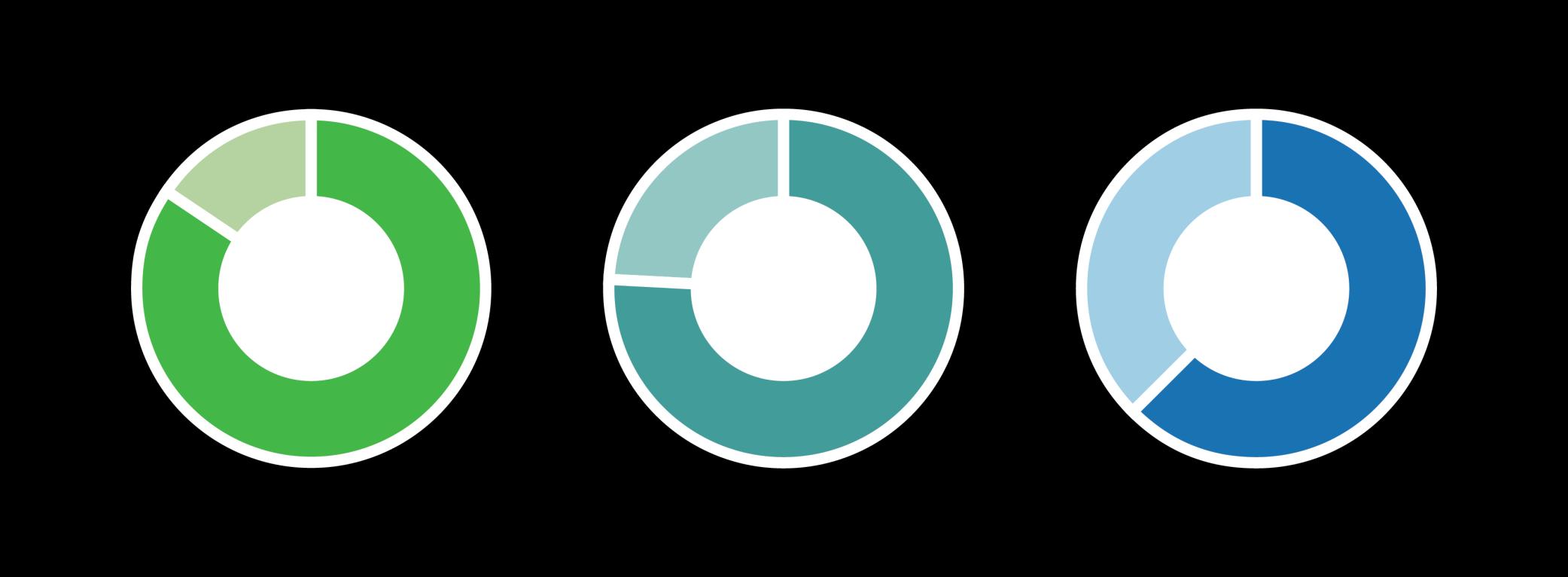




With 4xi you get an entire team to support your sustainability transformation.






Our conviction is that 4xi stands as the ideal partner to food service organizations in defining, implementing, and sustaining a sustainability program, and effectively serving as your comprehensive sustainability department.
Our team consists of members with extensive industry experience, dedicated sustainability experts, and robust support in marketing, culinary, branding, and customer experience, poised to offer unparalleled support at any required level.
We propose an approach to sustainability that builds a solid foundation of a sustainable program that supports the operations, sites, and customers. Using a phased approach will create the largest return on your investment, avoid risk, and perpetuate growth.
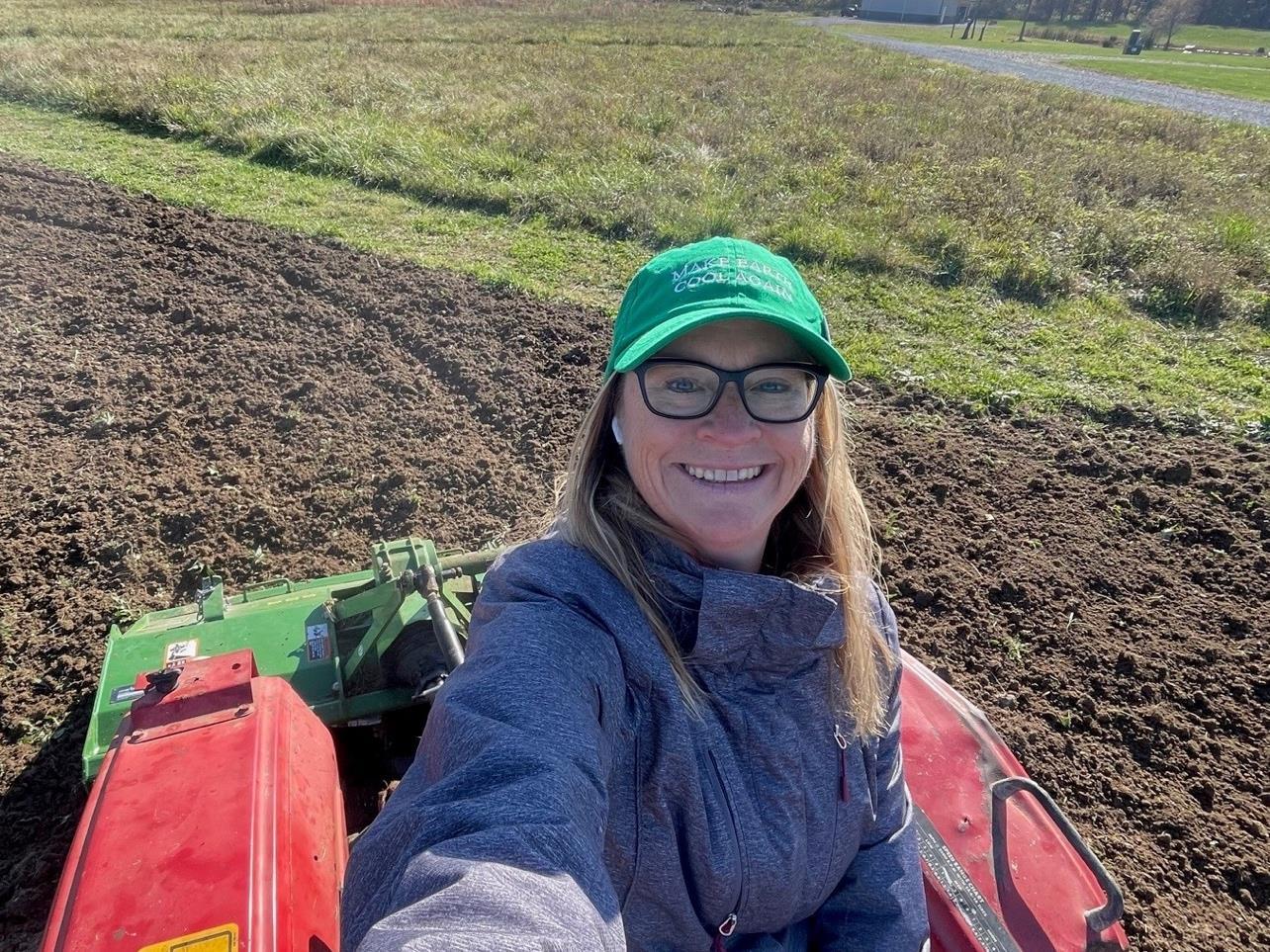
Yours sincerely,

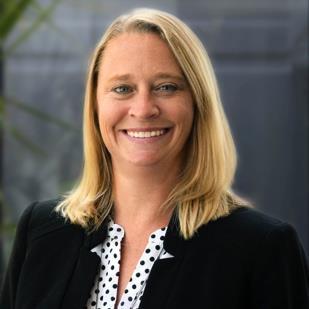
Christy Cook Chief Sustainability Officer in Residence 4xi Global Consulting & Solutions
e: christycook@4xiconsulting.com
c: +1 (614) 906-4118




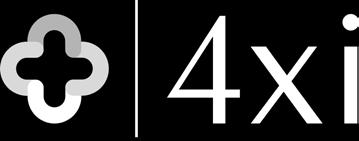
w: www.4xiconsulting.com
e: hello@4xiconsulting.com